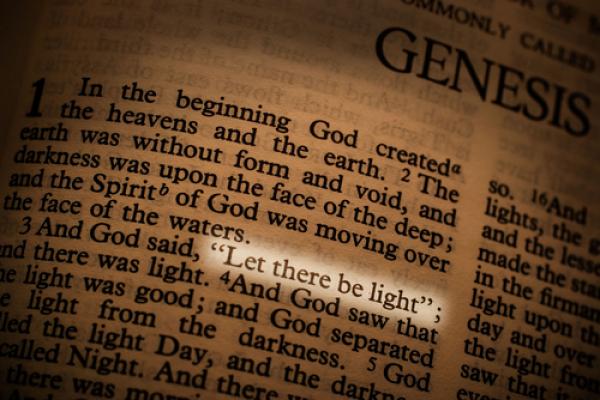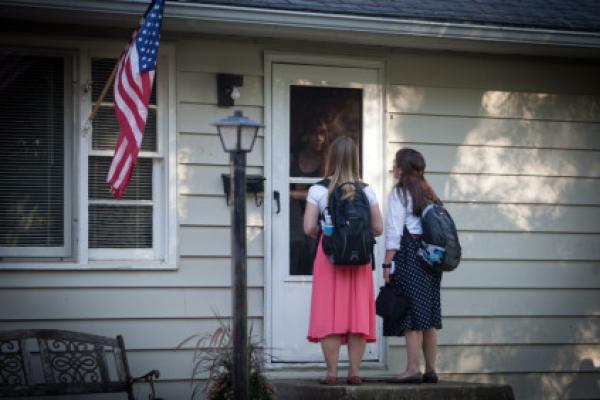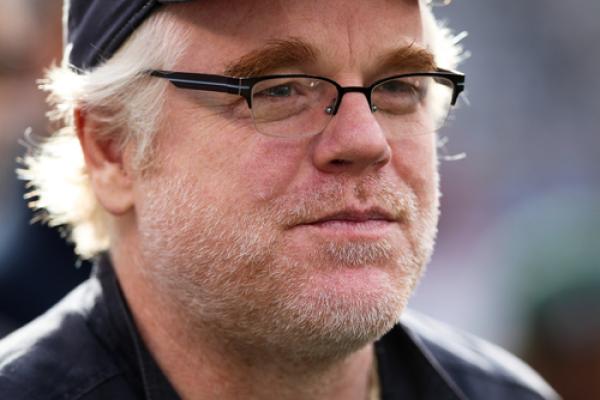If you perused some of the headlines coming out of Slate the past couple weeks, you’ll find that, not only are Texas schools teaching creationism , schools all over the country are teaching creationism , and — even as we speak — lawmakers in South Dakota and elsewhere are introducing legislation that will let their schools teach creationism.
Such news leads me to one of two conclusions: Either the proponents of teaching creationism — a viewpoint I thought it was ruled unconstitutional by the Supreme Court in 1987 — have been very busy lately, or what passes for “creationism” in the eyes of the mainstream media these days has become pretty fuzzy.
I lean toward the latter.
Look, I’m a writer and a journalist, too. I get it. I understand the desire for a sexy, emotionally heavy word that “seems” to describe the given topic and will — of course — generates millions of clicks from the churning, polarized body politic that powers the Interwebs.
But this willy-nilly misapplication of the terms “creationist” and “creationism” simply has got to stop, and here’s why.
The enclosed mall at Hillsdale Shopping Center had everything on a Friday morning: 1.3 million square feet of glistening space, top-drawer retailers like Nordstrom, reliable outlets like Macy’s, and teen-focused shops like American Eagle Outfitters.
It had everything except people.
The fabled mall — opened in 1954, enclosed in 1982 — felt like a ghost town. Or, in my frame of reference, like a big mainline Protestant church on a Sunday morning.
In Northern California, the image of Mormon missionaries in dark suits and white shirts, knocking on doors at inconvenient times, is being replaced by the sight of these name-tag-wearing twosomes in blue jeans and T-shirts, hoeing gardens, scrubbing off graffiti, dishing out food in homeless shelters, and reading with refugees.
It’s part of the LDS Church’s recognition that its long-held practice of “tracting,” going door to door handing out church materials and delivering religious messages, is no longer effective. Now few people are home during the late morning and early afternoon, and those who are may not want to be disturbed.
“The world has changed,” LDS apostle L. Tom Perry said in June 2013. “The nature of missionary work must change if the Lord will accomplish his work.”
Tom Junod of Esquire wrote an insightful piece about the death of Philip Seymour Hoffman titled “ Philip Seymour Hoffman’s Final Secret: The cost of holding up a mirror to those who could barely stand to look at themselves .” The whole article is worth reading, but these words are especially important:
"There was no actor, in our time, who more ably suggested that each of us is the sum of our secrets … no actor who better let us know what he knew, which is that when each of us returns alone to our room, all bets are off. He used his approachability to play people who are unacceptable, especially to themselves; indeed, his whole career might be construed as a pre-emptive plea for forgiveness to those with the unfortunate job of cleaning up what he — and we — might leave behind."
In his roles, Hoffman played unacceptable, despicable, and broken characters. In other words, he played our cultural scapegoats. But the beauty of Hoffman’s work is that he humanized our scapegoats. Of course, his characters were unacceptable because they were guilty of being repellent jerks, underserving of love or sympathy, which is exactly why they made good scapegoats. The function of a scapegoat is to unite us in hatred against them, so the scapegoat who seems to us to be completely guilty, like a cartoon villain, the better sense of unity we can form against them. The best scapegoat is one who even agrees with us about just how terrible he is. As Junod writes, Hoffman “used his approachability to play people who are unacceptable, especially to themselves.”



